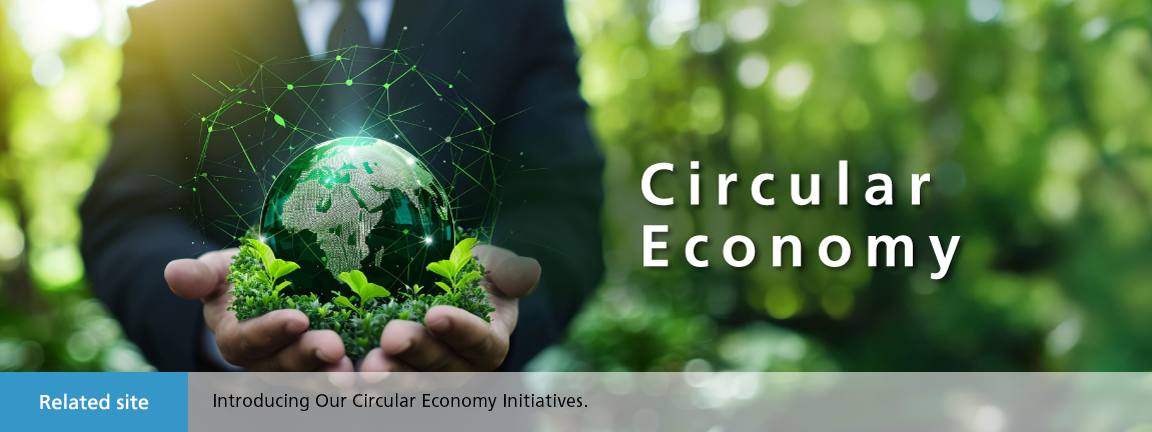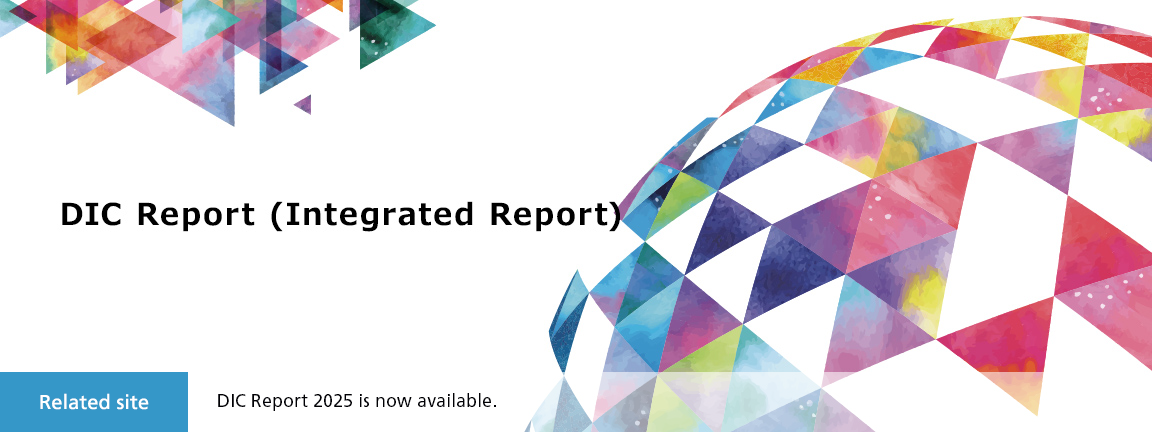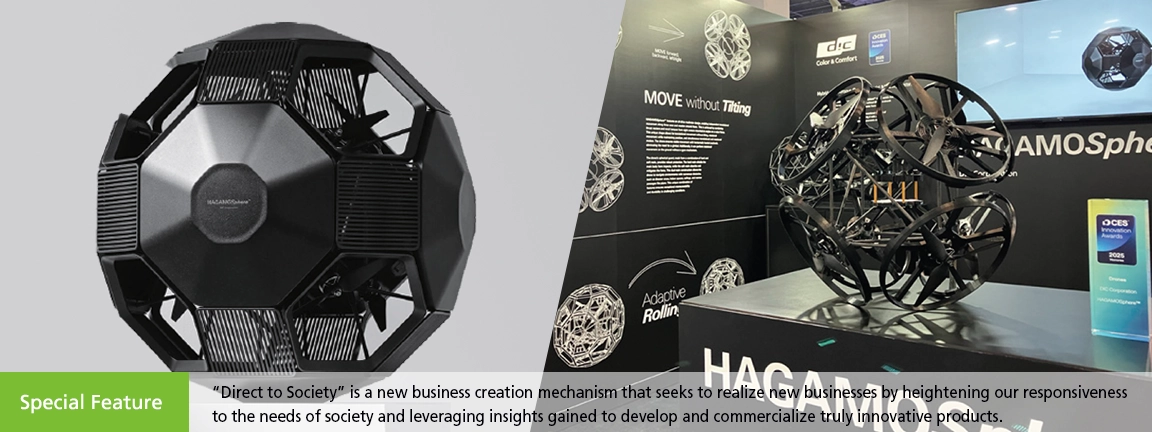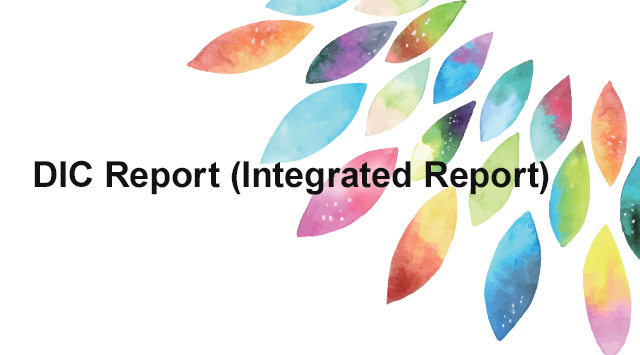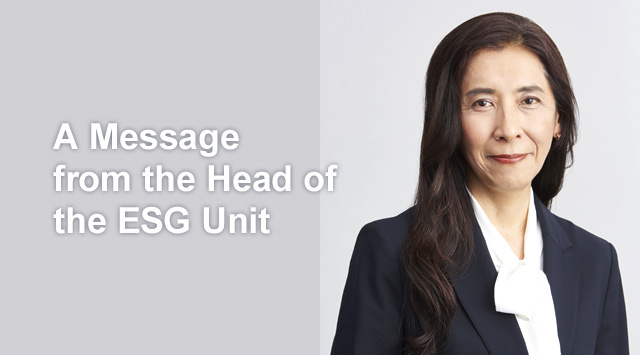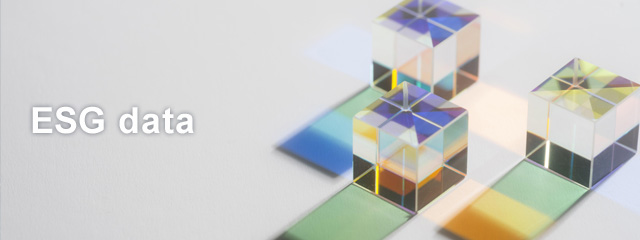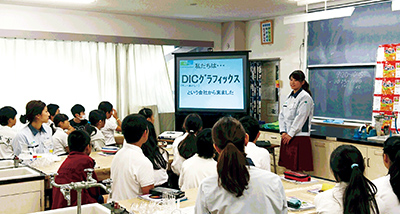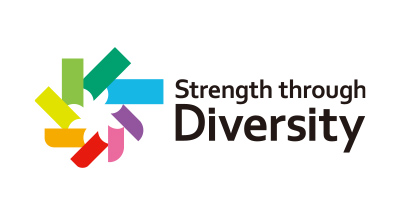Sustainability
News
- Dec. 8, 2025
- Sustainability
- [Vision Watch] DIC’s Global Training is Empowering People, Driving Sustainability
- Nov. 27, 2025
- Sustainability
- The DIC Group Receives Third-Party Certification that the Methodology It Uses
to Calculate Product Carbon Footprint Conforms with International Standards
- Jul. 18, 2025
- Sustainability
- DIC Is Selected for Inclusion in the FTSE4Good Index Series, a Leading Global ESG Index, for the Seventh Consecutive Year
- Jun. 5, 2025
- Sustainability
- DIC Coextruded Multilayer Packaging Film Obtains ISCC PLUS Certification
- May 12, 2025
- Sustainability
- Discovering a New Spirulina-Based Environment-Friendly, Sustainable
Strategy for Suppressing Parasitic Infection
Initiatives for Sustainability
Environment
- Policies, Targets and Framework
- Management Systems
- ESH Auditing
- Preventing Global Warming
- Environmental Protection
- Preventing Environmental Pollution
- Reducing Industrial Waste
- Managing Water Resources
- Biodiversity
- Safety in Logistics
- Ensuring the Safety of Chemical Substances
- Engaging with Society
- Sustainable Technology and Product Development
- Circular Economy
Society
- Communication with Stakeholders
- With Customers
- With Suppliers
- With Shareholders and Investors
- With Employees
- Communication with Society
- DIC Group Human Rights Policy
- Corporate Health Management
- Basic Approach to the Responsible Procurement of Minerals
- Occupational Safety and Health/Disaster Prevention
- Quality
- Harmony with the Community and Social Contributions
- Key Initiatives
- ISO

